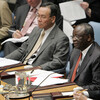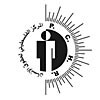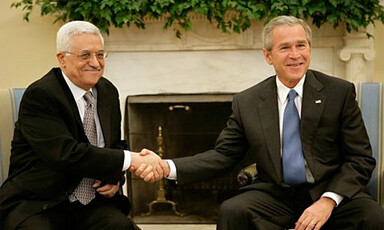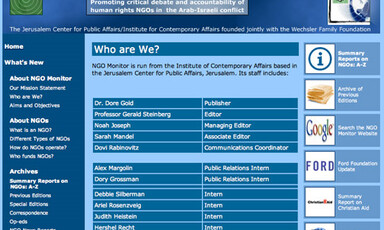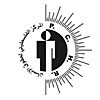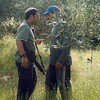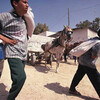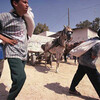
Human rights lawyers: "The Gaza Strip Is Still Occupied"
21 October 2005
On 5-8 October the Euro-Mediterranean Human Rights Network sent a delegation to visit the Gaza Strip to document the human rights situation in relation to the Israeli “Disengagement Plan”. The mission team concluded that following evacuation of the illegal Israeli settlements Gazans are now able to move within the Gaza Strip and have access the 40 percent land previously occupied by Israel. However the mission team also concludes that: the Israeli occupation of the Gaza Strip remains, and Palestinians’ right to freedom of movement is under Israeli control. The restrictions on freedom of movement hamper Palestinians’ possibilities to work for an improvement of the economy. The work of civil society is made more difficult as organisations and individuals cannot move freely to do their work. Read more about Human rights lawyers: "The Gaza Strip Is Still Occupied"

